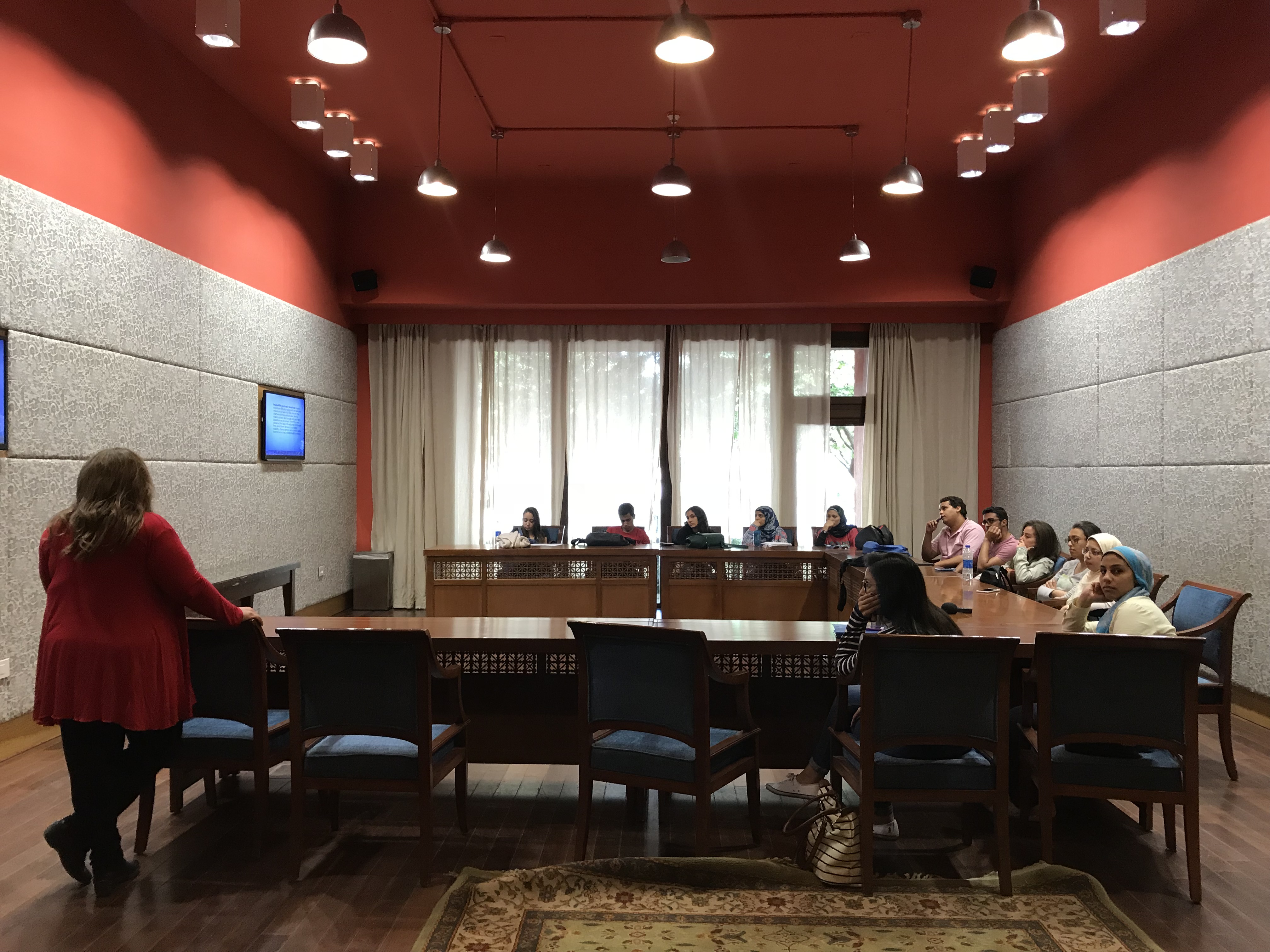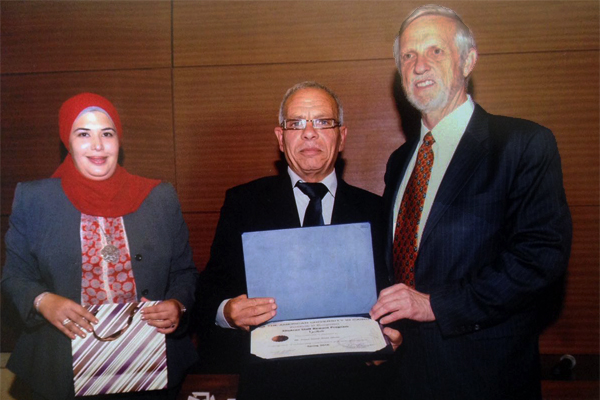“Hidden Disabilities” Continue to Affect Millions of People
By: Sara Mohamed
Follow @saraaashraf3
According to the World Health Organization (WHO), a billion people worldwide suffer from disabilities, some of which are psychological in nature and may be latent in the form of such conditions as major depression or anxiety.
In late October, the Student Disability Services (SDS) unit held its second lecture focusing on ‘Hidden Disabilities’, which may affect the way a student processes, retains and communicates information.
According to Psychology Today, a hidden disability is a mental, physical or neurological condition that is correlated with impairment or distress.
Psychological disabilities are referred to as hidden since they don’t reveal signs that may visually signal their disability like using clutches or wheelchair for walking, said Marwa Hussien, senior counselor at the Student Counseling Center (SCC).
The American Psychiatric Association (APA) defines a psychological disability as a dysfunction that leads to significant distress in one’s life and greatly impairs an individual’s cognitive functions.
Consequently, this causes the person to avoid social situations, which manifests in behaviors such as skipping classes and exams, oversleeping and loss of interest in meeting new people.
Alexandra Gazis, assistant director of the SDS unit of Student Wellbeing, told The Caravan that the lecture was designed to help students to recognize and deal with hidden disabilities.
“When they read, they don’t read as quickly as they used to before. They’re very slow, and have to go back to re-read what they’ve just read because it doesn’t make sense with the other paragraphs,” Hussein added.
The emotional distress associated with these impediments is often coupled by physical pain as well, she added.
“They understand that they’re not functioning up to their potential. They don’t want others to notice that they have a problem, they get very embarrassed or very confused explaining to others what makes them go through this,” Hussein added.
Psychological disabilities cover a wide range of conditions, including major depression, bipolar disorder, schizophrenia, anxiety disorders and post-traumatic stress disorder (PTSD).
WHO says that depression is the leading cause of disabilities worldwide and affects more than 300 million people.
“There are around 15 million Egyptians suffering from depression, and neither the public nor the private institutions are providing the proper mental health services to these people,” Dr. Ahmed Saber, a psychiatrist at Dr. Ahmed Okasha Psychiatric Hospital, told The Caravan.
Dr. Saber highlighted that the number of beds available in the private and public psychiatric facilities are approximately 11,000 beds in total.
He also referred to a deficit in the number of psychiatrists and psychologists in Egypt which is an obstacle to providing proper mental health treatment.
“There is a worldwide deficiency in psychology specialists in general, so they usually seek for opportunities overseas and they’re already in high demand,” he added.
Among AUC students, meanwhile, the most common condition is anxiety disorder, specifically panic disorder, Hussein says.
Panic disorder is a type of anxiety disorder in which an individual has recurrent unexpected panic attacks.
Panic attacks are sudden episodes of intense fear accompanied with accelerated heart rates, shortness of breath, trembling, sweating and smothering – or, in other words, a sudden sense of impending death.
“They could have studied very well for an exam and on the exam day, as soon as the exam starts, they just can’t remember anything and just leave the classroom because of an unexpected panic attack,” Hussein told The Caravan.
While some may recover from depression or anxiety to a certain degree, they may still have a baseline depression or anxiety in their personality.
“You’ll deal with your problems, you’ll be better, with some disorders not all of them, but it can return again in times of stress,” she added.
Hussein said that AUC is an American institution and therefore abides by US and Egyptian laws which state that provisions and accommodation should be made for students with disabilities.
The SDS unit is currently offering services to 35 students with learning disabilities and around 30 students with psychological disabilities.
“Accommodation letters are handed to the professors from the unit at the beginning of each semester. [The letters outline] all the requirements the student needs to succeed in [their] course such as extra time, taking exams in a quiet area, and having an alternative format for the exam like MCQ exams,” Gazis added.
The accommodations offered depend on the disability of the person, the severity of the condition and the services needed to assist their academic performance.
Although psychological disabilities may last a lifetime people learn to cope better with psychotherapy and medication, Gazis said.




